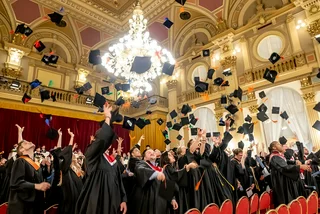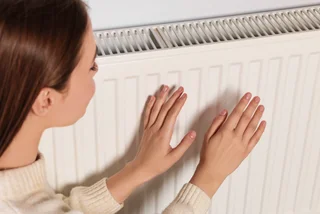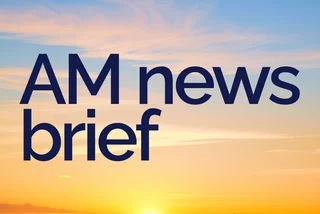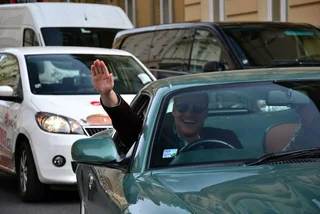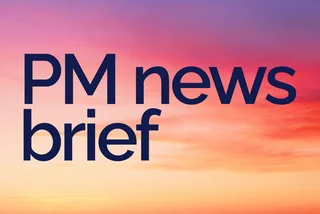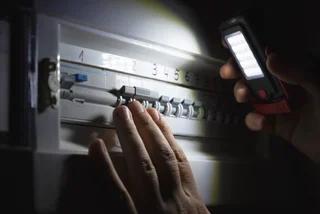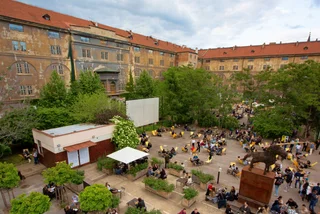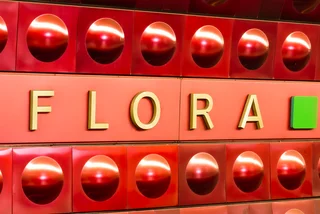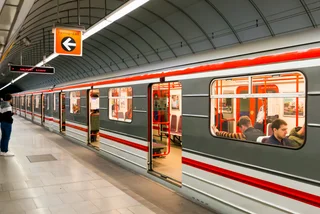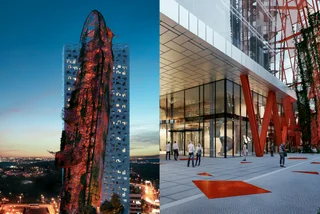The U.S. Embassy in Prague is urging applicants for nonimmigrant visas, including students and exchange visitors, to make their social media accounts public to facilitate national security screenings, in line with a policy announced by President Donald Trump’s administration.
On Tuesday, the embassy posted the guidance on X, stating that “every visa decision is a national security decision.” Effective immediately, individuals applying for F, M, or J visas are “encouraged to adjust the privacy settings on all of their personal social media accounts to ‘public’ to facilitate the review necessary to verify their identity and eligibility to enter the United States.”
PARTNER ARTICLE
The directive is part of a broader effort by the administration to tighten immigration policy and scrutinize foreign nationals’ online activity.
Každé rozhodnutà o udÄ›lenà vÃza je rozhodnutÃm o národnà bezpeÄnosti. S okamžitou platnostà jsou vÅ¡echny osoby žádajÃcà o nepÅ™istÄ›hovalecké vÃzum typu F, M nebo J vyzývány, aby upravily nastavenà soukromà na vÅ¡ech svých osobnÃch úÄtech na sociálnÃch sÃtÃch na „veÅ™ejné“, aby se… pic.twitter.com/rNCVtJ0fIy
— U.S. Embassy Prague 🇺🇸🇨🇿 (@USEmbassyPrague) July 8, 2025
F and M visas are primarily issued to students. The F-1 visa applies to those studying at academic institutions, including universities, secondary schools, and language programs. The M-1 visa is intended for students enrolled in vocational or non-academic institutions. J-1 visas cover a broad range of exchange programs, including au pairs, medical trainees, interns, researchers, and participants in work-and-travel programs.
The embassy said the new guidance aligns with President Trump’s directive to intensify vetting of foreign nationals entering the U.S. temporarily. In a June announcement, the White House said the administration aimed to identify individuals “who hold a hostile stance toward our people, culture, government, institutions, or fundamental principles.”
Trump’s administration has faced backlash over its stance on higher education and student protests. Hundreds of student visas have reportedly been revoked in recent months, particularly for individuals who expressed support for Palestinians or participated in campus demonstrations opposing Israel’s military actions in Gaza.
Several pro-Palestinian students were detained by U.S. immigration authorities, with some placed in detention facilities.
The move has sparked criticism in the Czech Republic, where more than 700 students currently study at American universities. The requirement is raising questions about privacy, free expression, and the future of educational ties.
Za prezidenta Trumpa budeme bojovat za vaÅ¡e právo vyjadÅ™ovat své názory na veÅ™ejnosti, i když s nimi nemusÃme souhlasit. pic.twitter.com/UDQHKl9hBE
— U.S. Embassy Prague 🇺🇸🇨🇿 (@USEmbassyPrague) July 7, 2025
Many who commented on the embassy’s post called the requirement a contradiction of its prior post, which vowed to defend citizens’ rights to free expression, including views critical of the U.S. government.













 Reading time: 2 minutes
Reading time: 2 minutes 


